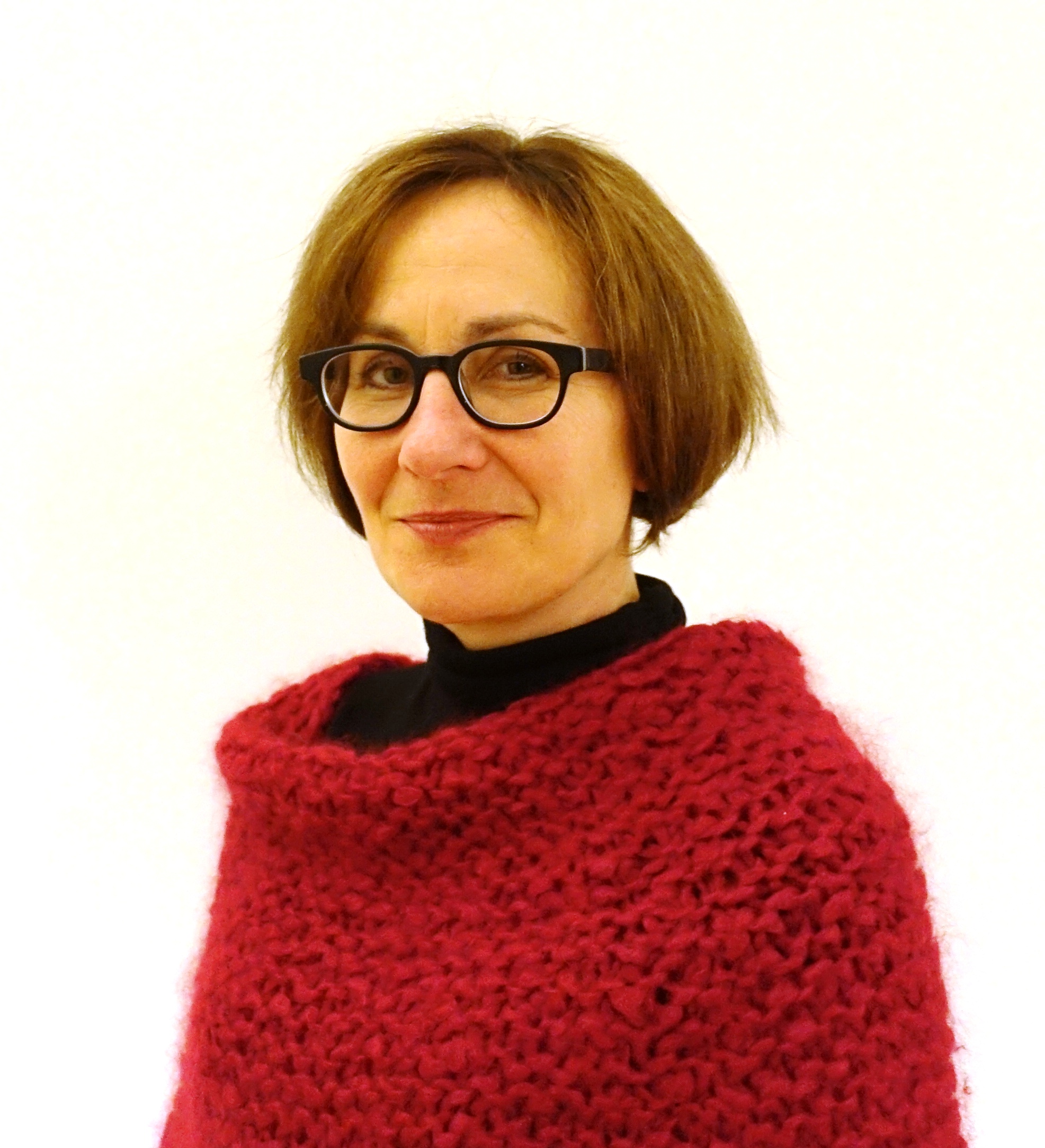Karen Janosky
Lecturer in Landscape Architecture

Karen Janosky is a lecturer at the Harvard Graduate School of Design, Director of the Master in Landscape Architecture program, and teaches The Practice of Landscape Architecture as part of the Practice Platform. A graduate of the HGSD (MLA ’91) and registered landscape architect for over 20 years, she has led teams in the creation of beautifully crafted and culturally prominent civic parks, art museums and campus sites, as well as strategic landscape plans for campuses and cities. She served in firm leadership roles at OLIN, Charles Anderson Landscape Architecture, Mithun and Gustafson Guthrie Nichol. Her work has been awarded nationally and locally by the American Society of Landscape Architects (ASLA), the American Institute of Architects and the New York Parks Council, and has been widely published.
The core of Karen’s built work includes Robert F. Wagner Park on the New York City waterfront; the National Gallery of Art Sculpture Garden and the National Museum of the American Indian on the National Mall in Washington, D.C.; the Olympic Sculpture Park in Seattle; the Anchorage Museum of History and Art in Anchorage; and most recently, an iconic 150-acre corporate campus in the Bay Area. Her broader scale strategic visioning includes the international Singapore Rail Corridor Competition; a landscape plan for Duke University; a campus plan for the University of Washington Tacoma; a downtown plan for Tucson, Arizona; the Throop Corridor at Washington University in St. Louis; and a county-wide environmental arts master plan for Broward County, Florida.
Karen has combined teaching and practice throughout her career. She has led core and advanced design studios, seminars, and classes in introductory landform design at the undergraduate and graduate level. Her previous academic appointments include the University of Pennsylvania, the University of Washington and the University of Southern California. Karen’s dedication to education includes spurring professional development through lectures at the national ASLA conference and founding the Washington State ASLA Committee on the Environment.